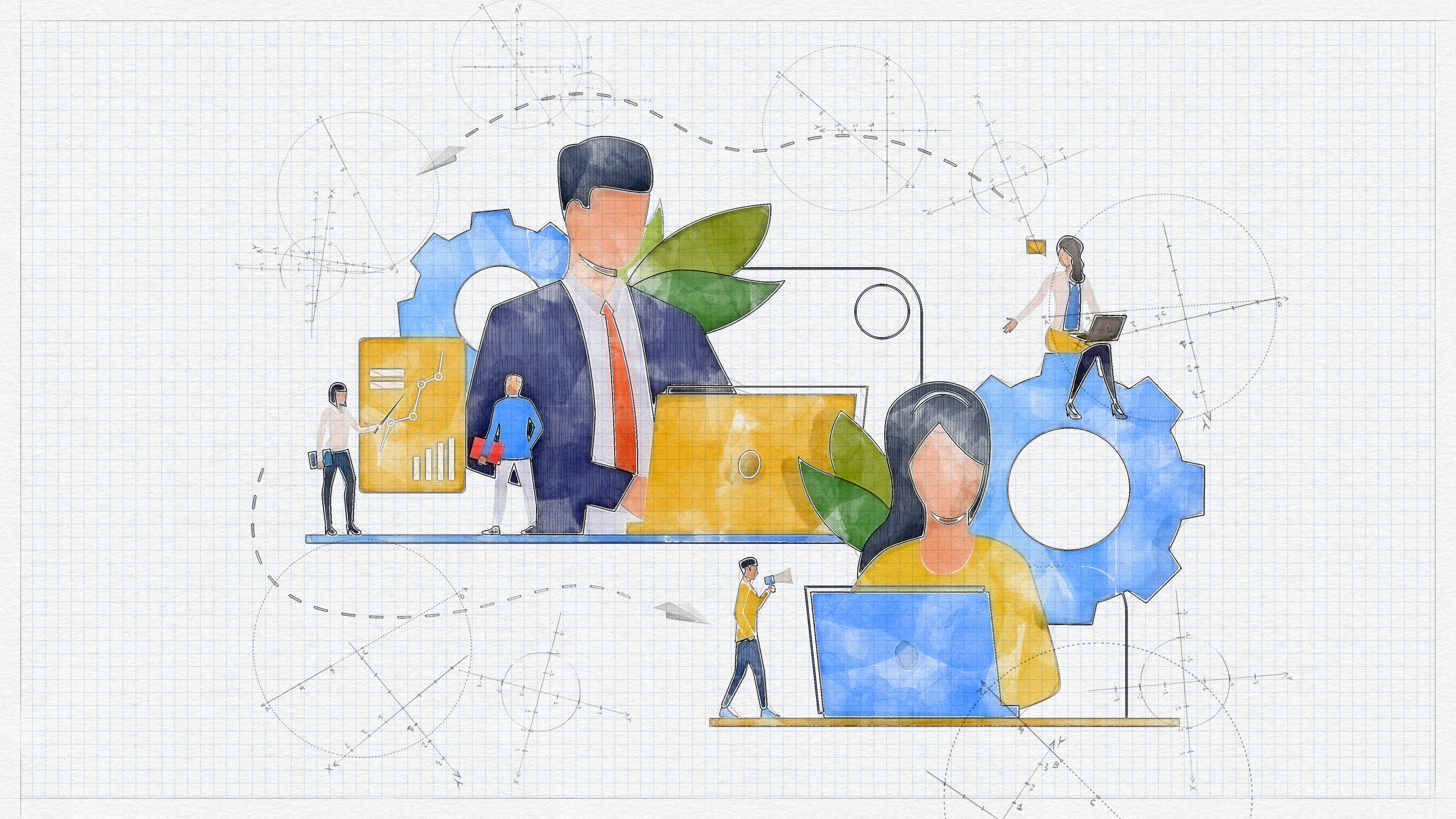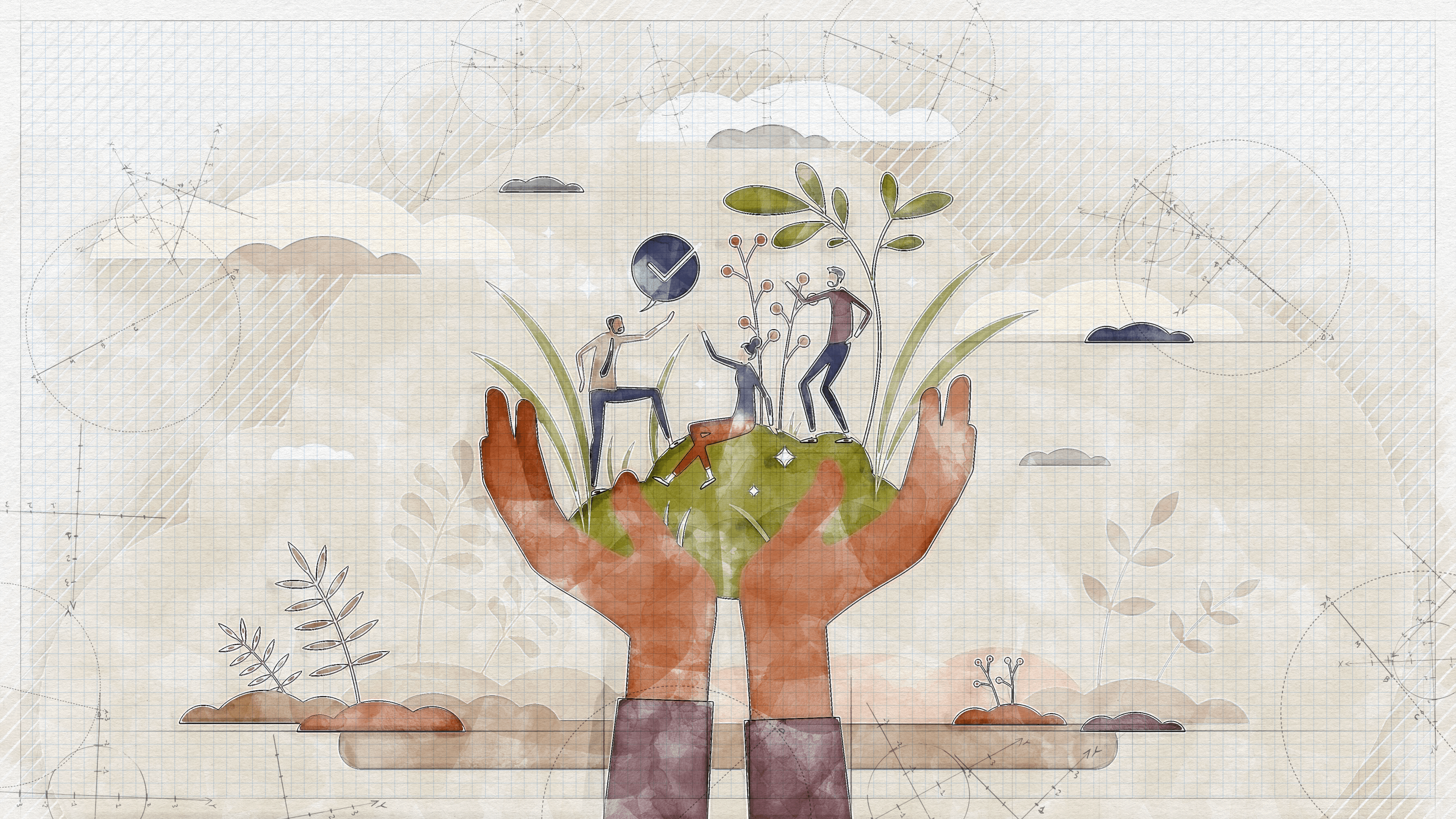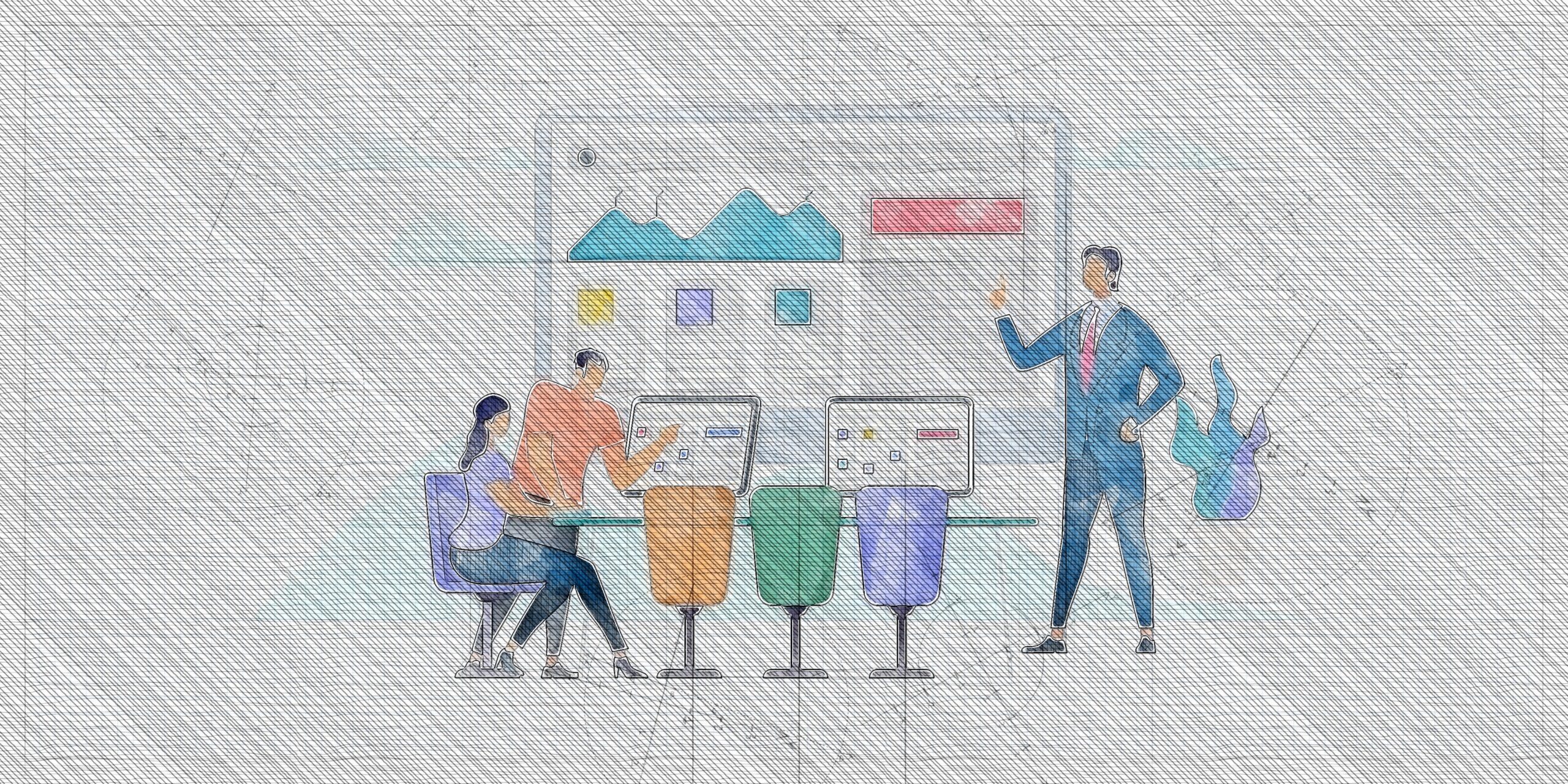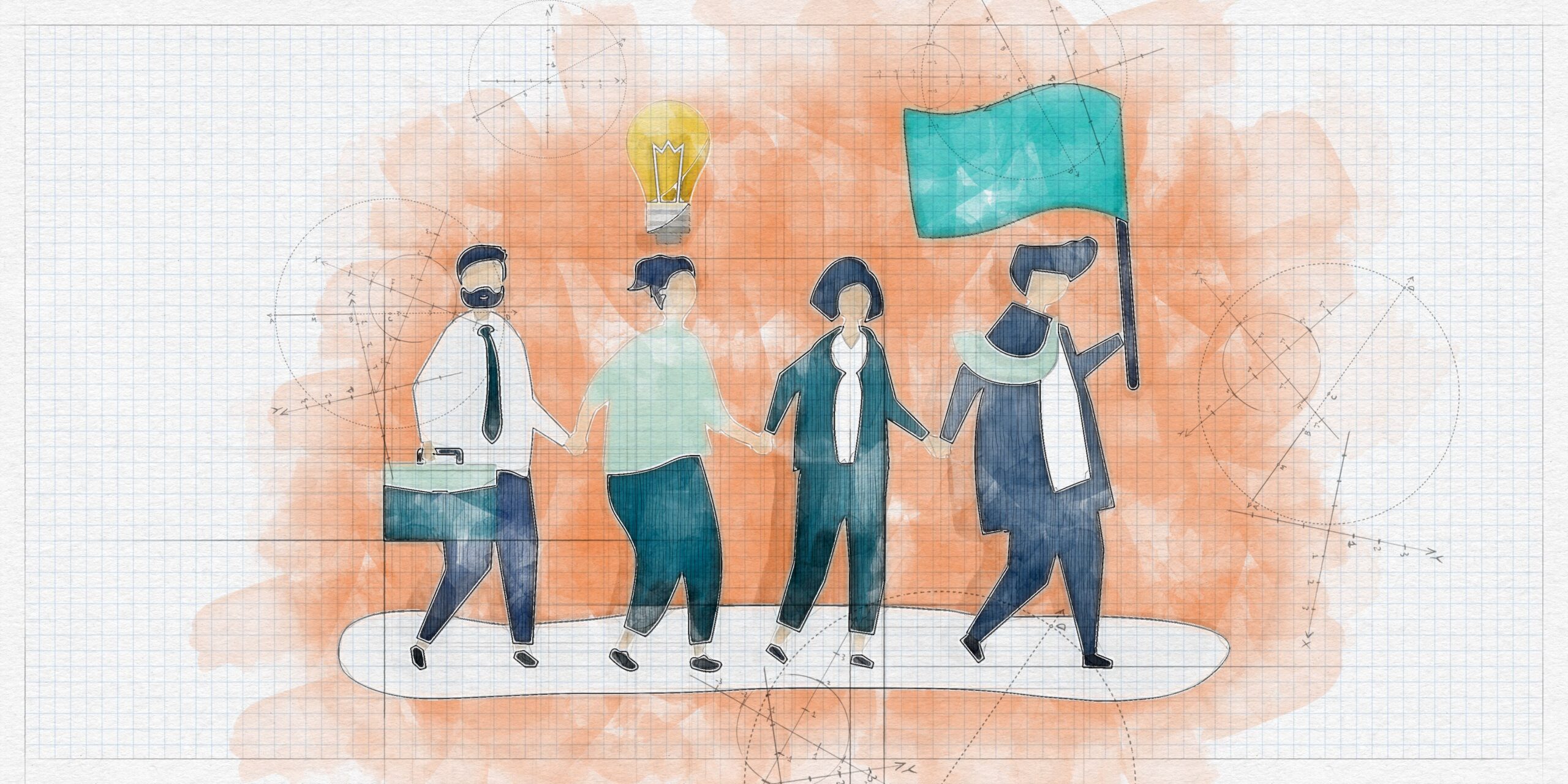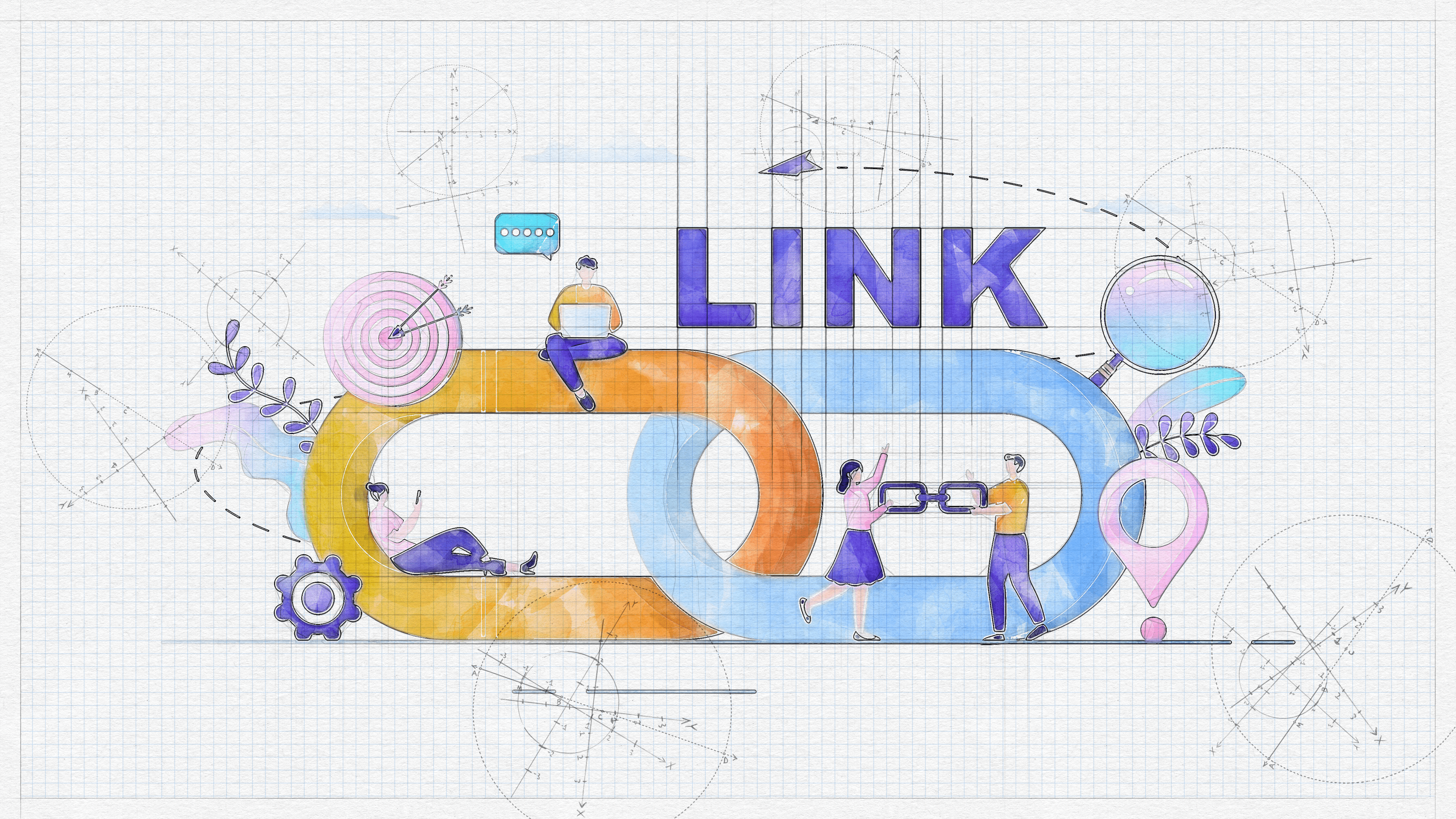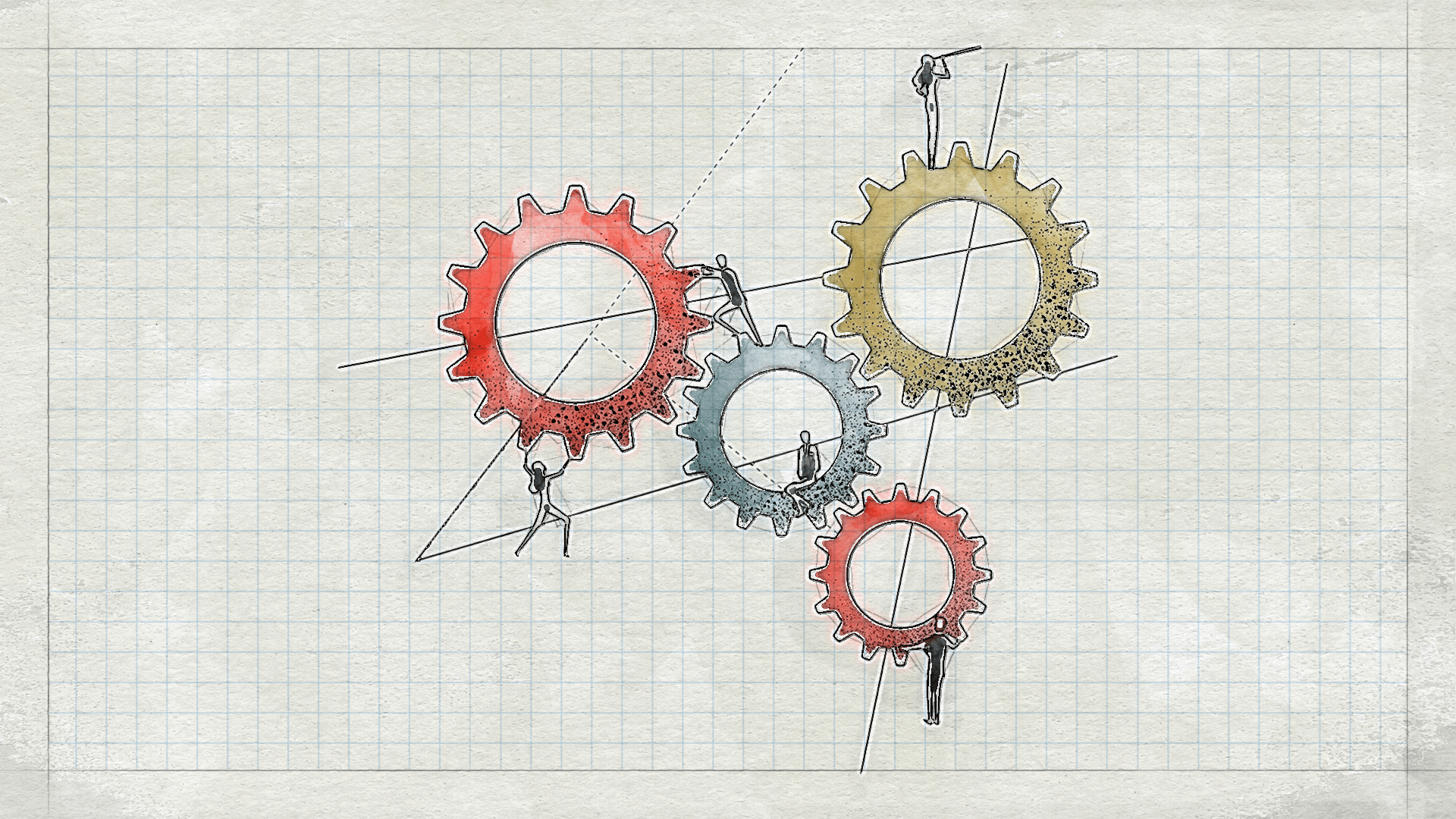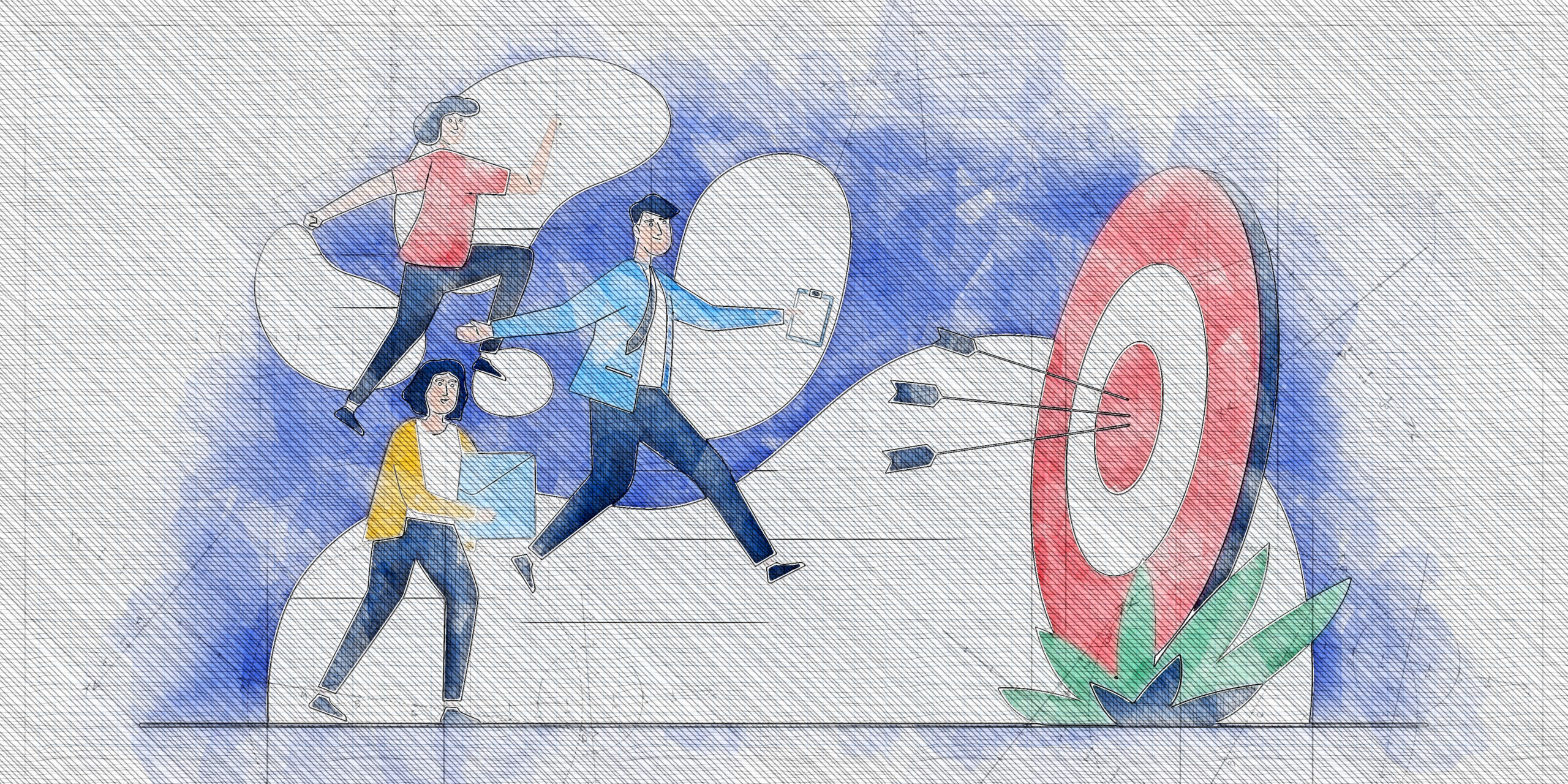Success stories that highlight an employee’s growth from a frontline worker to senior leadership in an organisation, stories that highlight the overall growth mindset are ones that inspire people the most. Building talent is great for employee morale, it inspires loyalty and keeps a check on talent costs. Ensuring successful transition of front-line employees to First time managers is a strategic priority for organisations looking to grow talent from within.
Promoting a high performing employee rarely raises any eyebrows. It seems like an easy transition since the employee is familiar with the company, the people, the culture, the business, the product, process or services and most importantly internal expectations. And yet “Manager isn’t stepping up to the new role” is one of the most common issues in an organisation. This is because , First Time Managers (FTMs) need more than just skill training.
Renowned Stanford psychologist Carol Dweck in her book, “Mindset,” says that it’s not intelligence, talent or education that sets successful people apart. It’s their mindset, or the way that they approach life’s challenges. Carol Dweck talks about “Growth Mindset” as a guiding principle for people looking to grow beyond the scope of their natural abilities, in other words break the metaphorical glass ceiling. Helping FTMs consciously develop and nurture a growth mindset can ease their leadership journey and break their glass ceiling.
The concept of the growth mindset is based on the outlook that a person’s intelligence and abilities are not set in stone and with consistent effort and the right strategies they can improve their existing skill set and develop new habits and traits that will give them a greater chance at achieving their goals.
In simple terms, on the numerous occasions when FTMs are left second guessing their abilities, having a growth mindset can help create an emotional shift in their response “I can’t do that” to “I can’t do that…yet”. This simple change in perspective can greatly improve our ability and willingness to learn new things that we might otherwise believe we are not naturally equipped to learn.
Most organisations today conduct First Time Manager training or boot camps ranging anywhere between one day to 40 weeks. Including a conversation on Growth mindset during these training programs can help FTMs develop resilience and objectively assess their own strengths and development needs. When it comes to mindset, stories work better than instruction, even if it is a simple revisiting of fables from childhood. Revisiting these brings back the valuable life lessons into our adult lives. Revisiting also allows for a deeper appreciation and re-application of lessons we may have forgotten. Here are 3 fables to include in your first-time manager training to highlight the principles of a growth mindset.
The Hare and the Tortoise
This story is famous in management circles and has a lot of versions. However, let’s start with the most popular one. Once upon a time a tortoise decided to race a hare to settle the argument about who was faster? They started the race on an agreed route and time. Without any surprise hare ran ahead and stopped some distance away. Feeling confident that that tortoise was far behind and that even if the tortoise caught up, he would quickly establish his lead. Since all odds were in his favour and success was guaranteed, he sat under a tree, almost tasting his victory and soon fell asleep. The tortoise plodding on slowly and steadily crossed the sleeping hare and soon finished the race. The hare woke up and realised that it had lost the race and that the tortoise was declared as the undisputed winner. This simple, timeless story is great for starting a conversation on the battle of fixed vs growth mindset. Instead of doubting its capabilities or fearing the odds stacked against it, the tortoise accepts the challenge and enters the race. Developing the ability to not give into labels about one’s capability and to take required action is one of the stepping stones towards developing a growth mindset. On the other hand, the hare’s surety of the tortoise’s inabilities and defeat cost him the race. This story is a great example of how a growth mindset can produce unexpected results.
Crow and the Pitcher
On an abnormally hot summer day, when all the animals around it were bemoaning their fate, a crow is flying around looking for water. He comes across a long slender pitcher filled with just a little bit of water. The crow can’t reach the water with his beak. His thirst increased by the sight of water the crow tries and tries again, slowly getting fatigued and wanting to give up. Yet he cannot take his mind off the water in the pitcher and suddenly an idea strikes him. He is already tired, and this idea will mean a lot of effort. But the crow persists. He picks up a pebble and drops it in the pitcher. And he does this over and over, feeling the fatigue in his wings, until the water level rises to the point where he can reach it. Remember we spoke about the emotional shift in response to a difficult situation from “I can’t do that” to “I can’t do that…yet”. “I can do something” is a good mid-point in this mindset shift.
Don’t make virtual all about work
When in the office, we all take time to connect about our families, what we did on our vacation, our favorite sports teams, etc. One of the challenges with online work is that interactions are generally scheduled around a meeting and its agenda. Schedule daily or weekly huddles and leave some time for people to connect more personally, or schedule virtual lunches where team members can eat and share more about themselves; food is a great ice breaker. It is alright to let the first five to ten minutes of a meeting be a little less productive if it gives people a chance to catch up, celebrate a birthday, or talk about their plans for the weekend.
The Lion and the Mouse
While this is not strictly about growth mindset. It does facilitate the mindset shift of spotting collaborators. In the story, a mouse ventures too close to a sleeping lion and jumps on his chest. The lion wakes up and captures the little creature. He then releases the mouse on the mouse’s promise that someday the mouse will prove helpful to the lion. A few days later, a hunter reaches the jungle. As luck would have it, the lion gets stuck in a hunter’s net. The little friend keeps his promise and frees the lion by chewing the hunter’s net. It is helpful to realise that even the powerful cannot do everything alone. Building functional and positive interpersonal relationships at all levels of the organisation is unavoidable.
In summary, these stories can be powerful tools to bring a mindset shift. Storytelling can be made far more effective and fun when played out as role plays highlighting the lesson from the fable in the context of the business.

